The civil engineering greats of 2050 are already among us.
They’re the promising early achievers currently studying for their degrees. ASCE is shining spotlights on 10 exceptional students – the 2025 New Faces of Civil Engineering.
Here are the student achievers for 2025. Get to know their names now so you can say you knew them before they get famous.
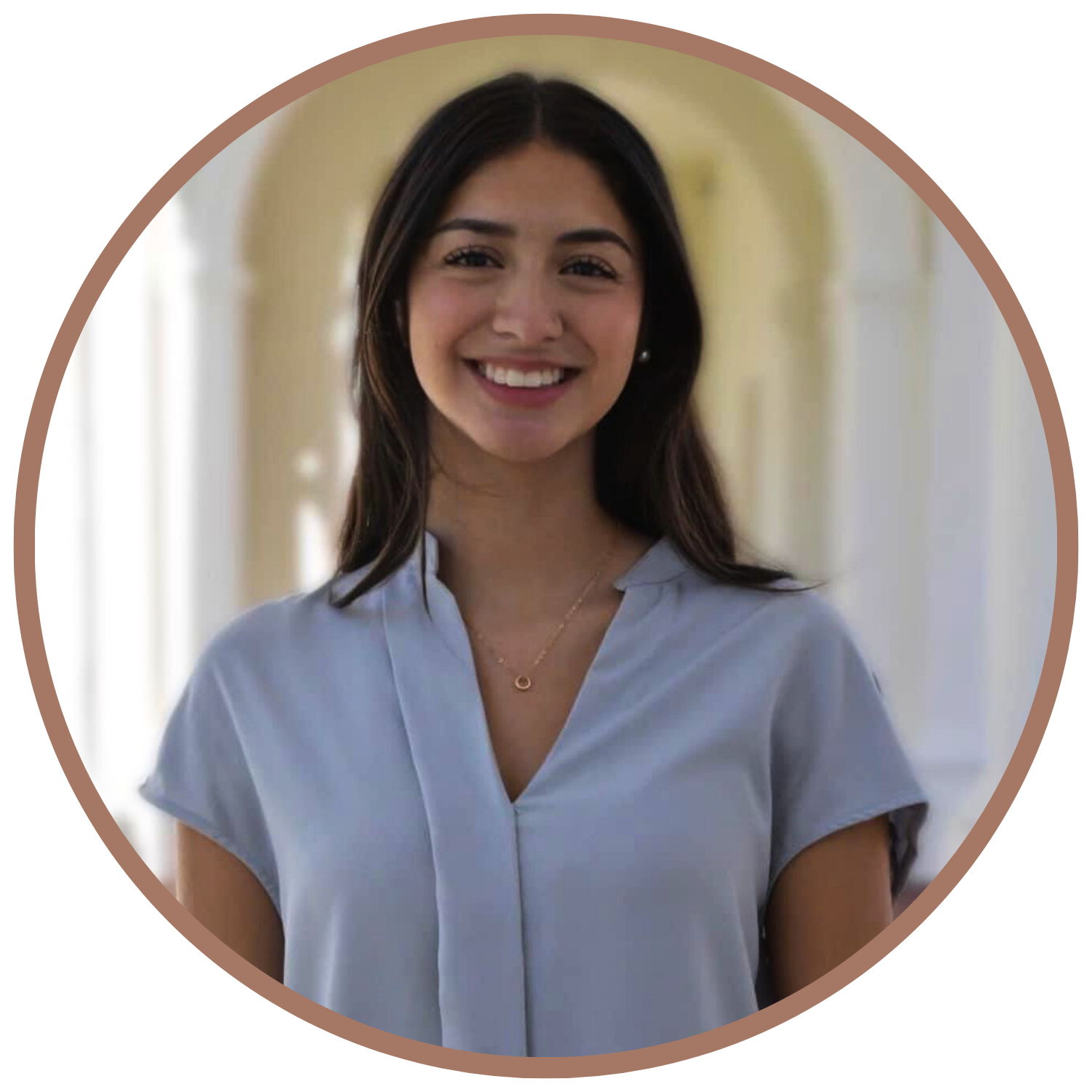
Giselle Alas
3rd year, University of Virginia
Giselle Alas says the opportunity to take AutoCAD and Civil3D courses in high school solidified civil engineering as a career choice. However, this first-generation American’s true inspiration is a hard-working immigrant – her father, a building painter.
“He often relied on design and construction documents for his work, and I would sometimes translate for him when contractors or workers came to our house,” Alas said. “Watching him work with these documents sparked my fascination with how things were built and how those designs came to life. I often asked questions about the plans, and my dad patiently explained the concepts, which made me realize the impact of well-executed designs and construction have on people's lives.”
Focusing on construction engineering and management at the University of Virginia with an eye toward earning an MBA, Alas has been active in the ASCE student chapter and concrete canoe team, where she established a mentoring system that gives the team continuity from year to year.
She’s eager to apply her growing knowledge. “I look forward to being part of the solutions that will help us build a more resilient, connected, and sustainable world – leaving my own footprint as I go.”

Maryam Alrefaei
5th year, Kuwait University
Kuwait is a nation and a society with an extremely high regard for engineering, given its geography, vast below-ground oil reserves, and climate. Maryam Alrefaei, a senior at Kuwait University, says she looks around at a country where 80% of people in high-level leadership positions are engineers, respected for their problem-solving ability, and sees vast potential for herself.
“When I chose [civil engineering as] my major, I did not only consider the scientific aspect but also the social aspect. Growing up, I observed people around me, how they deal with situations, how they think, and how they operate. I found myself fascinated by how engineers deal with things,” Alrefaei said. “In civil engineering, I loved the construction management field; it mixes my passion for problem-solving, debates, leadership, and dealing with people in the engineering field. … I really want to be a change maker.”
Alrefaei credits her ASCE student chapter as a springboard to success in her major, meeting fellow students who became her greatest friends and ended up involved with her capstone project. She joined during her second year and was elected vice president in her third year, where she persuaded the civil engineering department to work ASCE activities into the curriculum.
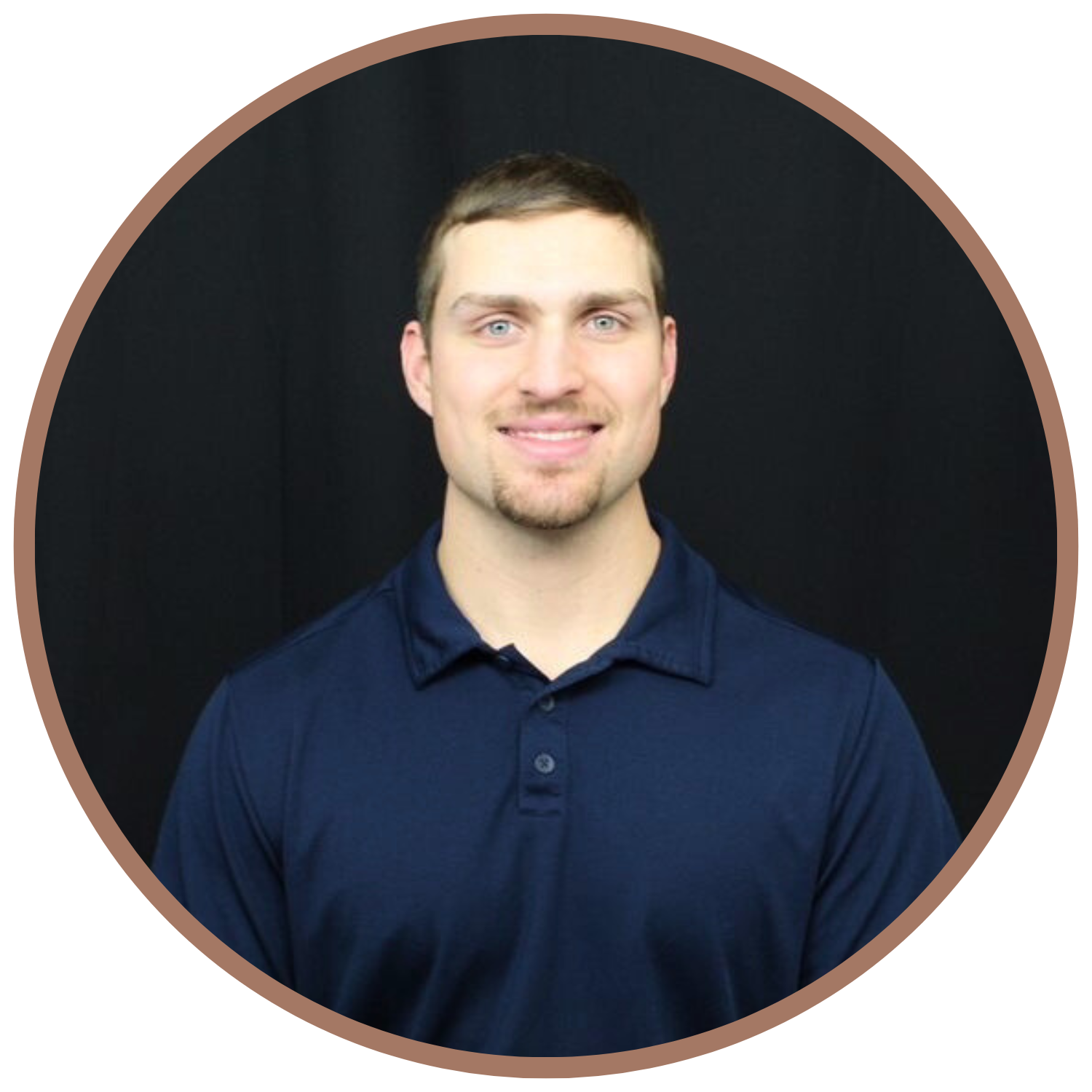
Luke Brumback
4th year, West Virginia University
While several people on Luke Brumback’s father’s side of the family had engineering backgrounds and shared his knack for math, it was being raised on a farm that made civil engineering his calling, with a focus on soil science.
“I became really passionate about conservation. I've seen firsthand some soil erosion problems as well as streambank and ecological problems, which led me to want to pursue this kind of work after college,” the West Virginia University senior said. “My brother and I also were constantly doing projects at our family farm, like building structures and fixing up things, so I knew I enjoyed being part of building and design projects.”
Brumback credits his activity in WVU’s ASCE student chapter, including leadership in concrete canoe and steel bridge competitions, for how much he’s matured in his college years. “ASCE has led me to become almost an entirely different person than my high school self. If high school me could look at me now, he wouldn't believe it. By being a part of ASCE, my communication skills, networking, and critical thinking have developed in great strides.”
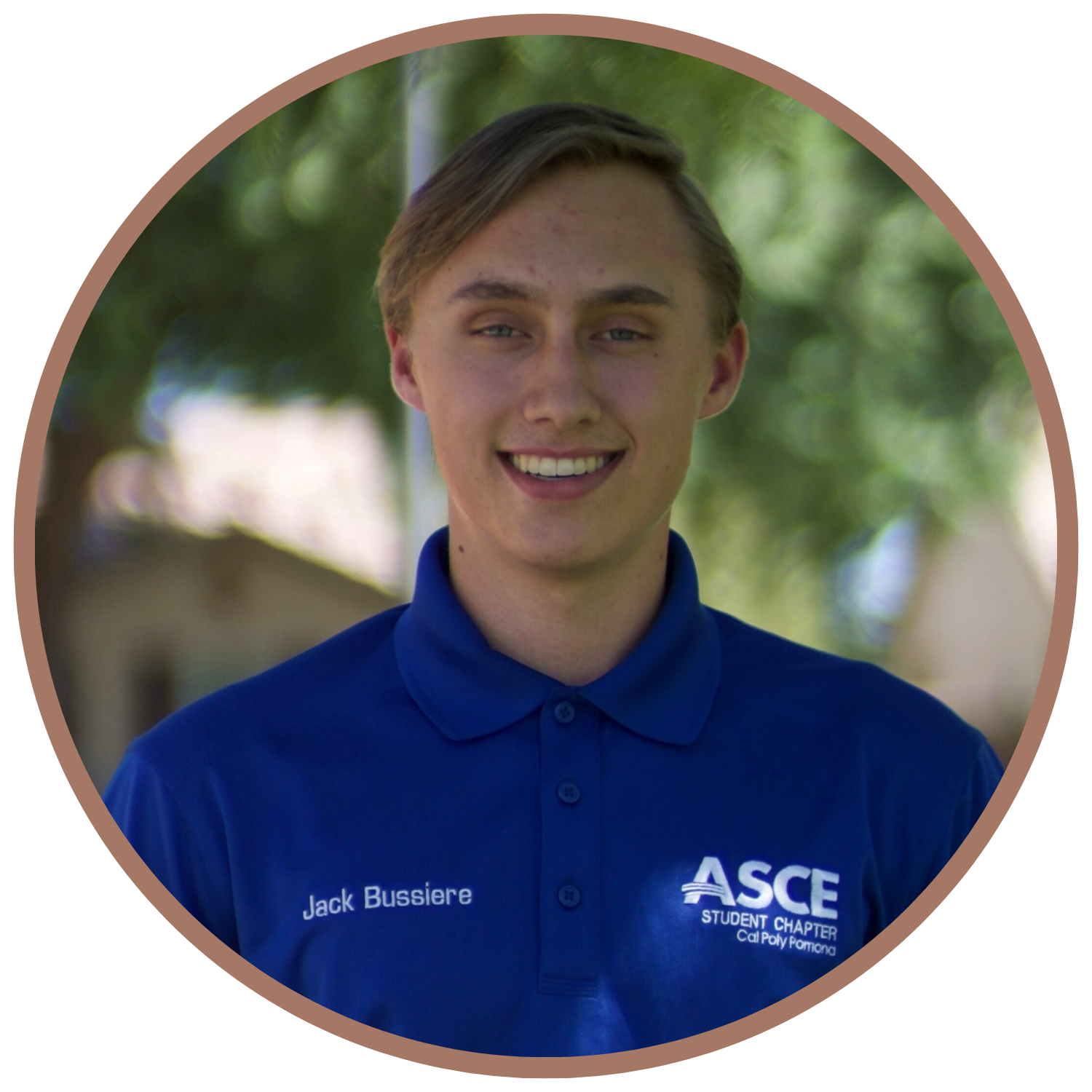
Jack Bussiere
3rd year, California State Polytechnic University, Pomona
From his freshman year at Cal Poly Pomona, Jack Bussiere dove into the ASCE student chapter and it made all the difference to him, academically and personally. “It has been the driving force behind my change from an unsure kid to a young professional ready to jump head-first into the civil engineering industry. ASCE has been the ultimate means for me to work with like-minded individuals and learn many of the soft skills you will never learn in classes.” He’s now the chapter president as a junior and serves on the ASCE national Student Presidential Group as the Region 9 representative for all of California.
“ASCE was the catalyst for growth in my college experience; it gave me the means to start and maintain the upward trajectory that I still follow today,” said Bussiere. “Working with fellow students and professionals allowed me to understand that I had found my calling in life and would be able to flourish in it.”
Bussiere wants to be the kind of civil engineer who advances the profession in the decades ahead. “I am excited to work hard toward setting ever higher standards for the engineering field. Whether in environmental protection, safety culture, or industry standards, I can't wait to be a part of it.”
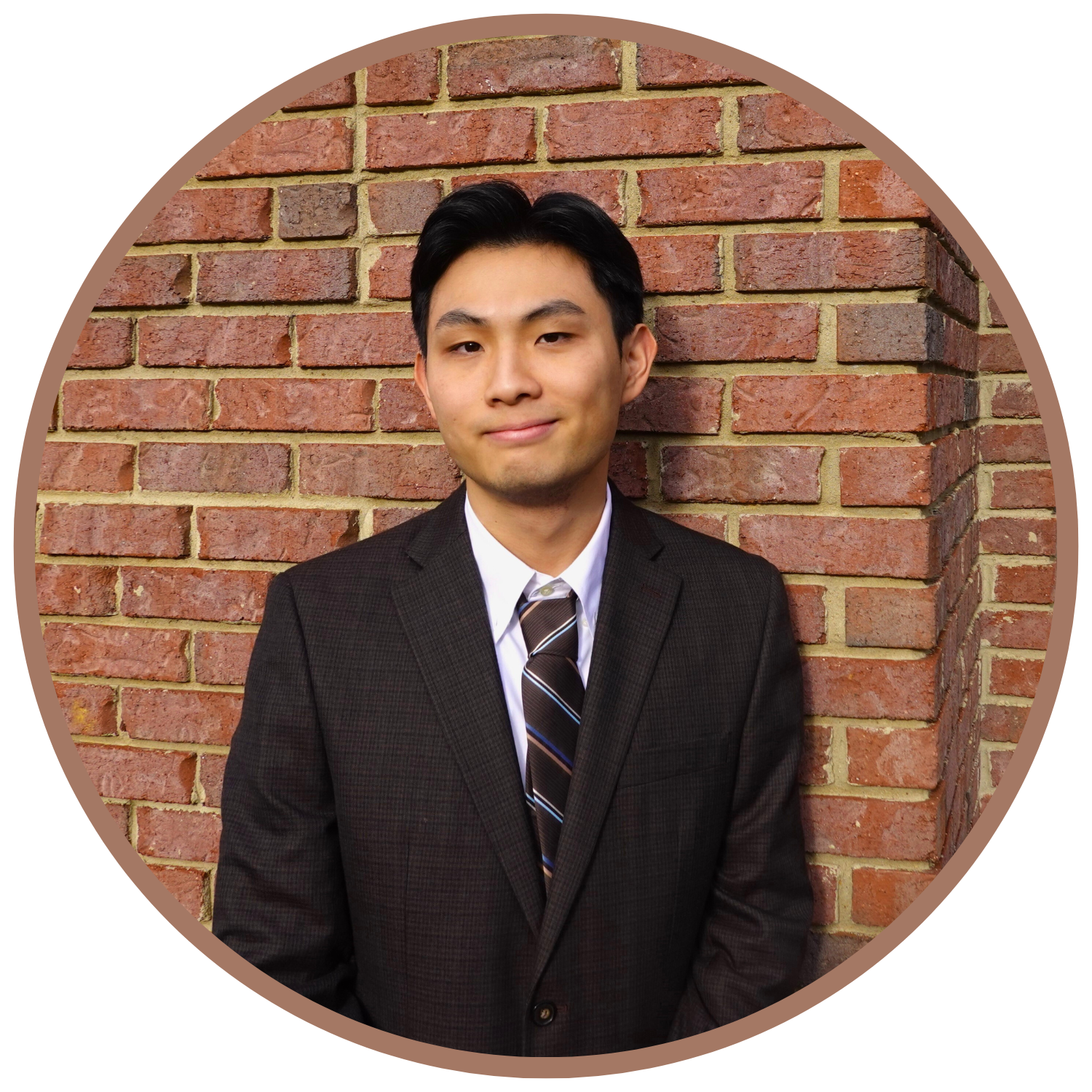
Jonathan Liu
4th year, Rutgers University
The course of young Jonathan Liu’s life was set in 2012. Hurricane Sandy hit during his elementary school years in New Jersey, and his memory remains vivid. “I saw the street in front of my home overrun with water like a river, and our basement absolutely flooded,” Liu said. “My exposure to Sandy really made me appreciate my home and the protection it provided.”
A visit to grandparents in an area near Shanghai, China, often rocked by typhoons, fed Liu’s interest in natural disasters and what can be done to mitigate their harm, and in turn, he found his career path. “I then thought a great way to give back to people and their communities was by being a civil engineer.”
Liu’s experiences with the ASCE student chapter at Rutgers, including as vice president and as a leader of the concrete canoe team, have helped him embrace “paying it forward” to help younger civil engineers, as he’d been helped when he started as a freshman. “I hope to invigorate the same excitement for civil engineering I feel. Engineering is about setting up the future, and that includes supporting the new generation.”
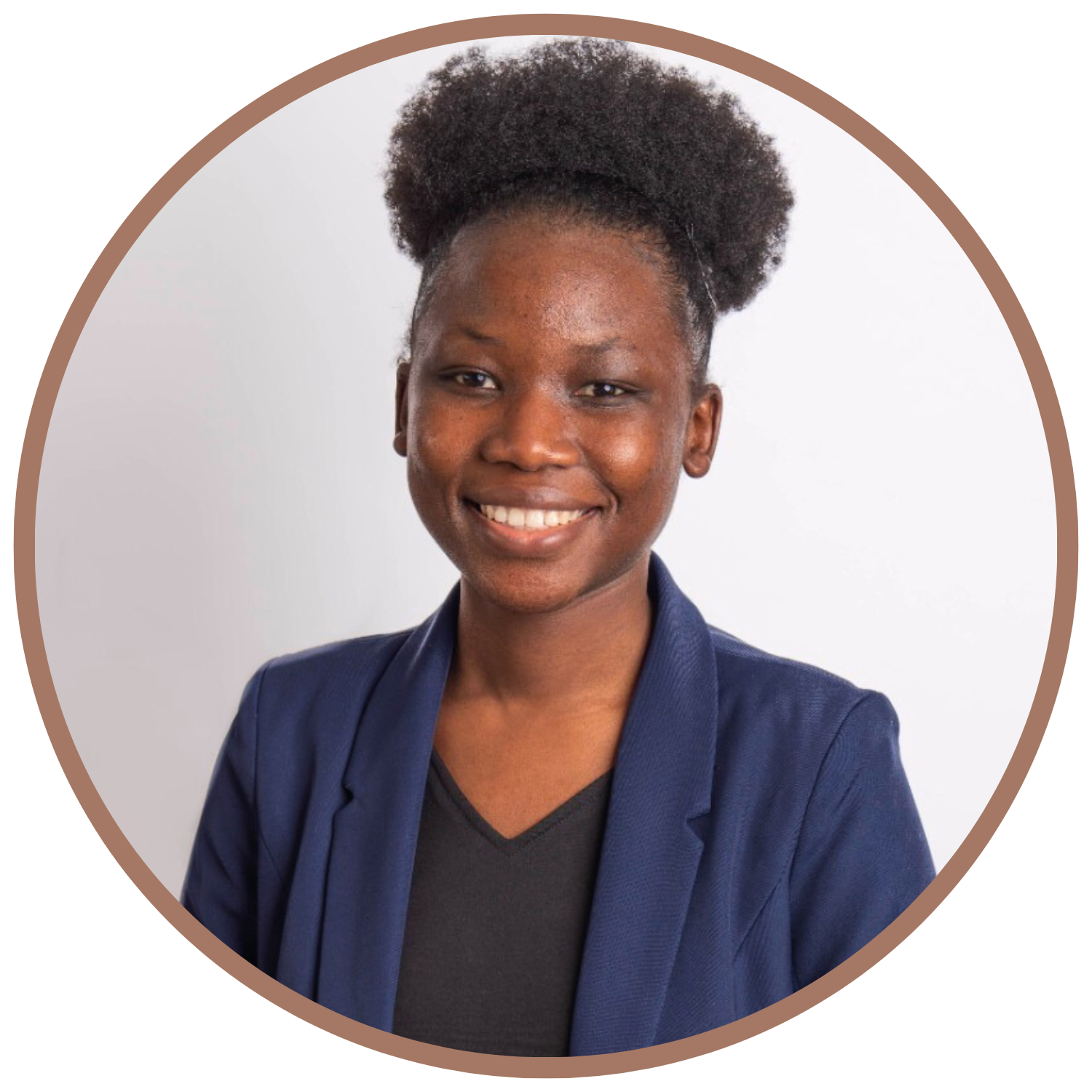
Raissa Natacha Ineza
4th year, Minnesota State University
Raissa Natacha Ineza was born and raised in Rwanda, where harsh environmental conditions and inferior infrastructure make living difficult for many people. “I witnessed heavy rains destroy slums. Unhealthy drainage systems caused malaria. Steeply sloped roads without safety barriers triggered fatal accidents,” she said, adding that such unsafe conditions affected her family directly. “My school bus backed over the edge of an unbarricaded road onto a concrete water drain one meter below. At age 10, my family's car was pushed off a steep road without barrier protection. Likewise, at 15, the wall surrounding our house fell due to heavy rains. Knowing that proper civil engineering could have mitigated the harm caused by these unsafe conditions has inspired me to become a civil engineer.”
Ineza is also following her father's path, a civil engineer involved in Rwandan community development projects who took her on field visits.
The winding path to a career has taken Ineza from central Africa to Minnesota State University, where she is in her senior year pursuing a degree focused on structural and transportation engineering. An inspiration to her peers, she was named the university’s outstanding civil engineering student for 2024, served as the ASCE student chapter vice president, and founded a nonprofit, Inspire Youth Continuum. “My goal is to leverage my expertise to support growth and equitable opportunities in developed and underrepresented communities.”

Nicklas Schmidt-Bailey
4th year, Seattle University
If you want to know how to get the most out of joining an ASCE student chapter, seek out Nicklas Schmidt-Bailey, chapter president at Seattle University, whose enthusiasm can be contagious. “ASCE has been a cornerstone of my undergraduate experience. When people consider joining ASCE, I always ask myself, ‘Why would you not want to join?’”
Schmidt-Bailey revived what had become a moribund student chapter after almost all its officers had graduated at once at a university where the civil engineering program numbers about 100 students. “Only one member remained to sustain the chapter. I joined the board that quarter, initially expecting to serve as treasurer, but quickly found myself in the role of vice president on a two-person team alongside the president. [Our] efforts to build a more inclusive and welcoming community were recognized with the ASCE 2024 Letter of Significant Improvement.”
Chicago’s varied skyscrapers and bridges fascinated Schmidt-Bailey as a boy, and he looks back on begging his mom to go on the architecture tour downtown as the seed that grew into his love for civil engineering, which he found more fulfilling than architecture. After graduating, he will seek an advanced degree in geotechnical engineering.
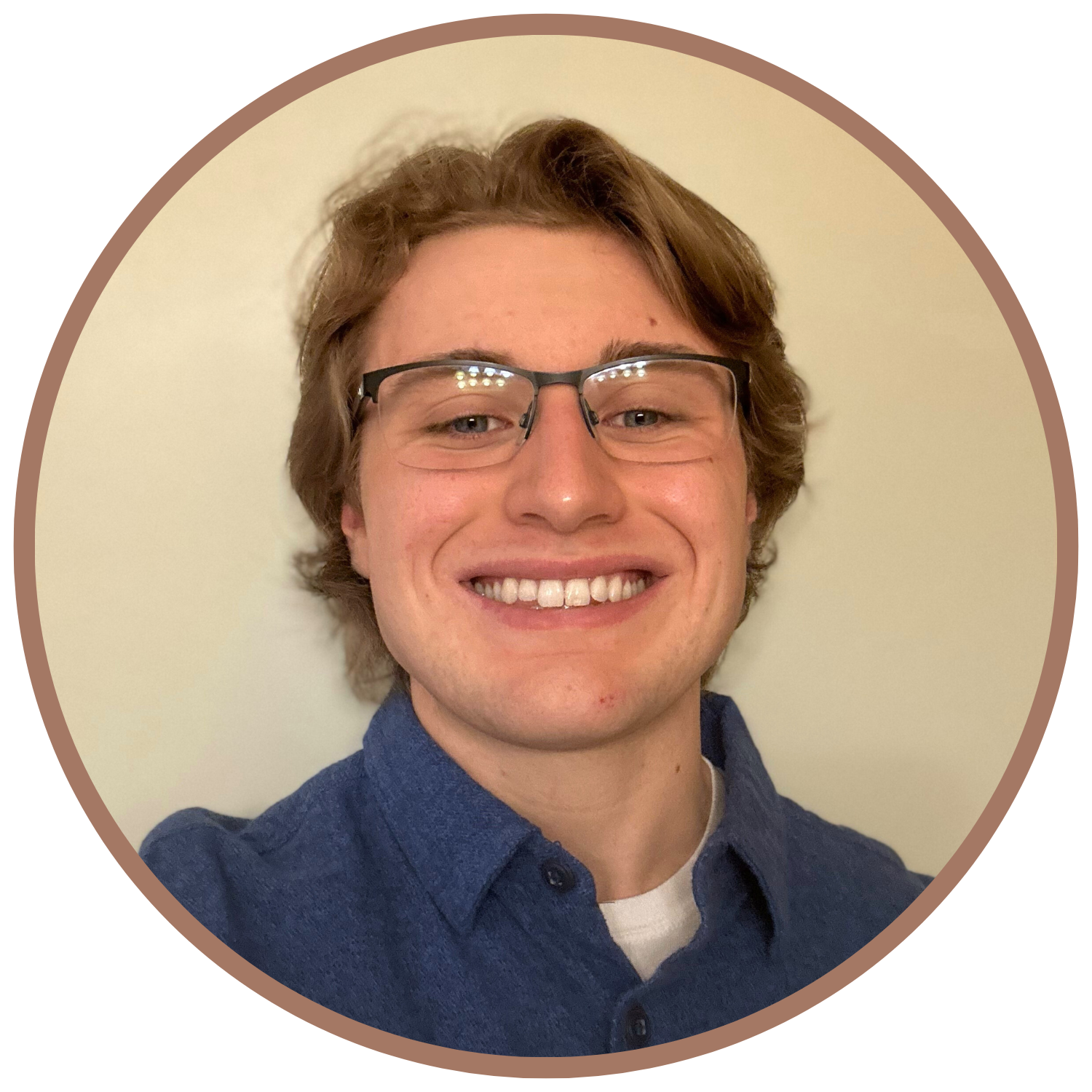
Frederick Smith IV
3rd year, Worcester Polytechnic Institute
Frederick Smith IV – or as he’d say, “call me Freddie” – has a highly grounded approach to pursuing a structural engineering career. He grew up spending summers around the family business, supplying sand and gravel to the North Brookfield, Massachusetts, area. More recently, between years at Worcester Polytechnic Institute, he had what he called “a transformative experience” as an intern with the Massachusetts Department of Transportation.
“I learned firsthand how crucial it is to balance the demands of roadway construction with the operational needs of society,” said Smith, who worked on traffic flow techniques to minimize disruptions to drivers as construction progresses. “This role reinforced my commitment to finding solutions that enhance infrastructure without compromising the daily lives of residents.”
WPI’s ASCE student chapter has given Smith “a home within a community that values collaboration, diversity, and growth.” He’s bonded and grown with peers through activities, including the concrete canoe and steel bridge competitions. “ASCE has provided a platform where I feel seen and heard.”

Ritika Talwar
5th year, CUNY New York City College of Technology
For Ritika Talwar, a young woman of Indian descent, “one of my biggest challenges is not seeing a face like mine in this industry.” And so when she arrived at the New York City College of Technology to major in civil engineering, she struggled to find a community – mainly because the ASCE student chapter there was no longer active.
Talwar couldn’t let that stand. She took it upon herself to revive the chapter with the help of City Tech faculty and has served as chapter president for the past two academic years, creating a sense of camaraderie. She intends to carry that spirit into her career: “I don’t want to see this perpetual cycle of people like me struggling to find their footing.”
Her experience as an intern with the New York City Department of Design and Construction affirmed her intention to focus on construction, on a project overseeing the demolition of badly dated Brooklyn and Queens jail facilities. “When you are tasked with aiding in the growth of a criminal justice system that has been destroyed and ignored throughout the years, it gives you a sense of pride in your work and your profession as a whole,” Talwar said.
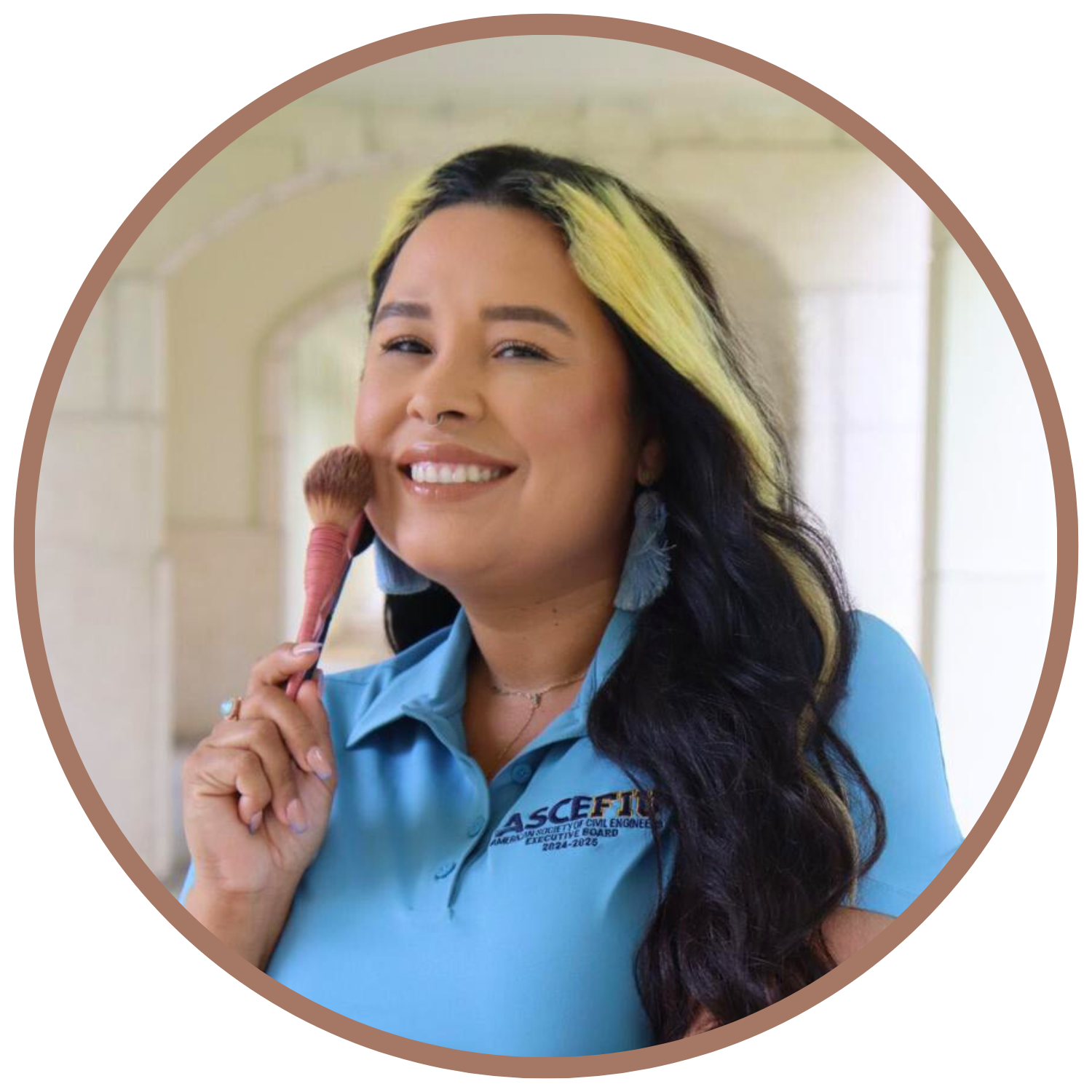
Yonacary Wingard
3rd year, Florida International University
Known as Cary, Yonacary Wingard has been a force around the civil engineering program at Florida International University, involved in everything from leading the concrete canoe team and serving as ASCE student chapter vice president to advocating for fellow engineers from Venezuela.
It’s Wingard’s experiences growing up in Venezuela that have driven her to become an engineer. She “witnessed firsthand how inadequate infrastructure and environmental challenges impacted communities, which sparked my desire to create sustainable and resilient solutions.” As did observing her single mother, “who taught me resilience and perseverance as she worked tirelessly to support our family.”
That’s also motivated everything with Wingard, such as a volunteer spirit that includes working at a food pantry, mentoring fellow students, and serving as the president of the American Association of Venezuelan Engineers.
She’ll get to apply her abilities and desire to make a difference upon graduation, hired by a Florida construction firm as a project manager. “I am passionate about creating infrastructure that not only serves its purpose but also addresses the needs of underserved communities,” Wingard said.
Read about the ASCE 2025 New Faces of Civil Engineering – Professional honorees.



